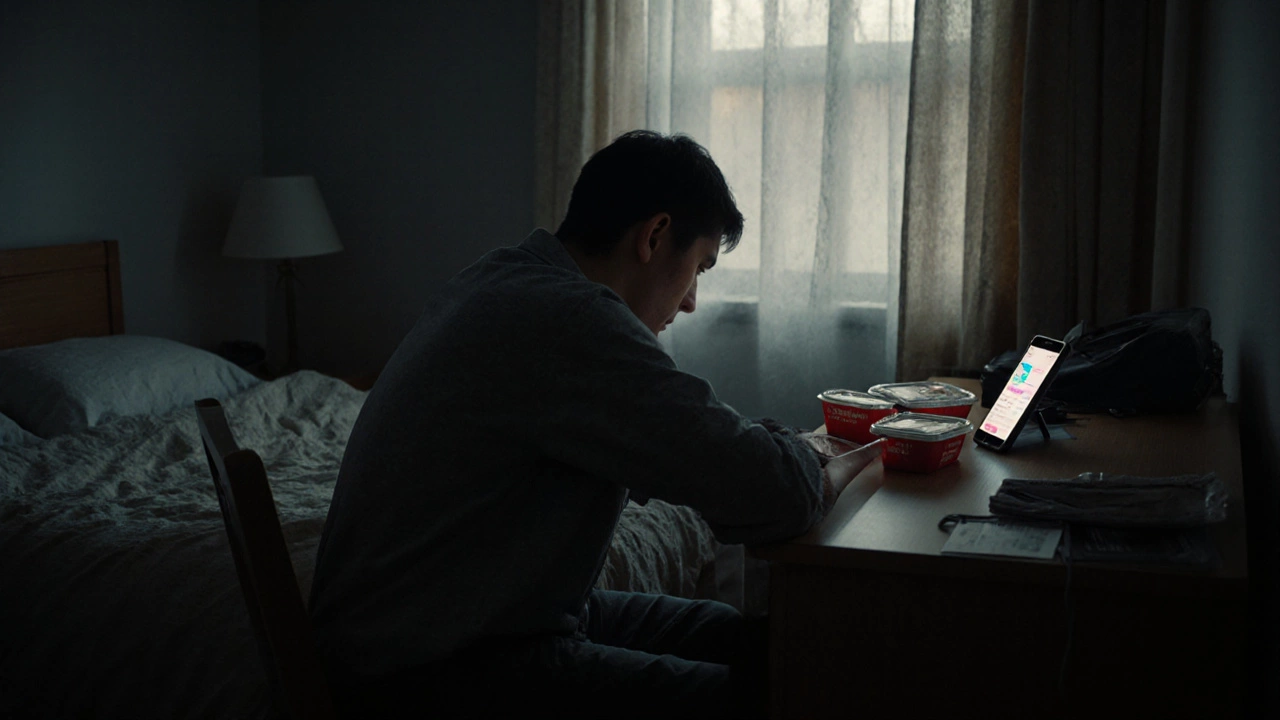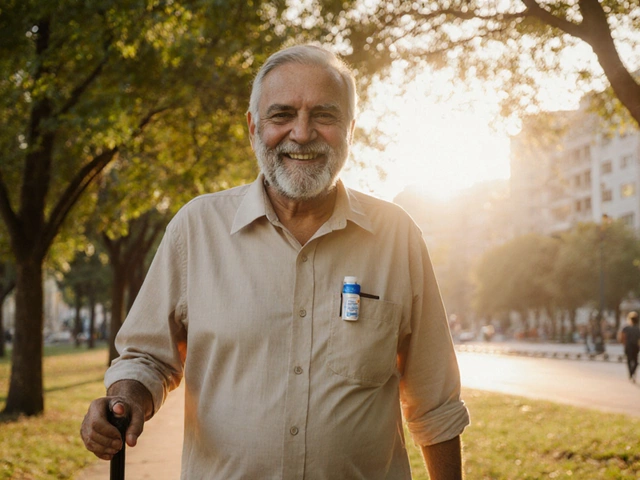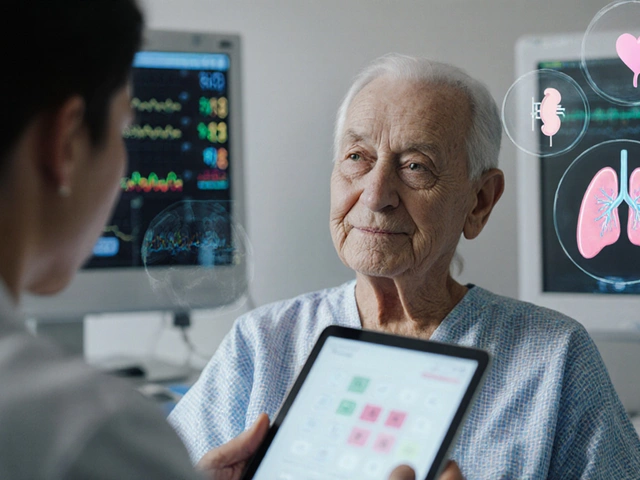Mental Health: Signs, Treatments, and Real Ways to Heal
When we talk about mental health, the state of your emotional, psychological, and social well-being that affects how you think, feel, and handle daily life. Also known as psychological health, it’s not just the absence of illness—it’s about how you cope, connect, and keep going even when things get heavy. Too many people think mental health only matters when you’re in crisis. But it’s daily. It’s in how you sleep, how you talk to your kids, how you show up at work, or how you silence your own voice because you’re too tired to explain why you’re not okay.
Therapy, a structured conversation with a trained professional to work through emotions, behaviors, and thought patterns. Also known as counseling, it’s not a magic fix—but it’s one of the most reliable tools we have. But therapy isn’t the only thing that heals. ADHD, a neurodevelopmental condition that affects focus, impulse control, and emotional regulation. Also known as attention deficit hyperactivity disorder, it shows up differently at every age—from the kid who can’t sit still to the adult who forgets every deadline. And depression, a mental illness that drains energy, hope, and the will to keep going, often without obvious triggers. Also known as major depressive disorder, it’s the deadliest mental illness not because it’s loud, but because it’s quiet. These aren’t just words on a page. They’re real experiences that shape lives, relationships, and survival.
You don’t need to be broken to seek help. You just need to be tired. Tired of pretending. Tired of being told to "just snap out of it." That’s why this collection isn’t about labels. It’s about what works. You’ll find honest answers about when to talk to a therapist versus a psychiatrist. You’ll see what actually helps anxiety without pills. You’ll learn why some people heal through routine, not therapy. You’ll understand why ADHD isn’t just "being distracted"—and why depression isn’t just "being sad." This isn’t theory. It’s what people are using right now, in India, in small towns and cities, to get through the day.
What you’ll read here isn’t a checklist. It’s a map. A map for the person who doesn’t know if they need help. For the parent watching their child struggle. For the friend who doesn’t know how to ask. For the one who’s tried everything and still feels empty. The articles below don’t sugarcoat. They don’t preach. They just show you what’s real—and what might just save your next day.
How to Solve Psychological Problems: Practical Steps Anyone Can Take
Solving psychological problems doesn't require magic or medication. With simple, consistent steps - naming emotions, moving your body, talking to someone, and challenging negative thoughts - real change is possible. Start small. Keep going.
View MoreWhat Is the Most Damaging Mental Illness?
No single mental illness is the 'worst,' but schizophrenia, borderline personality disorder, and major depression cause the deepest damage-through suicide, isolation, and loss of function. Understanding their real impact is the first step to better care.
View MoreHow to Tell if Someone Is Mentally Ill: Signs to Watch For
Learn the real signs someone might be struggling with mental illness-not just sadness or stress, but deeper warning signs like withdrawal, changes in behavior, and unexplained physical symptoms. Know when to step in.
View MoreWhat Is Stronger Than Therapy? Real Forces That Heal Beyond the Couch
Therapy helps, but real healing often comes from community, routine, self-compassion, movement, and meaning. Discover what truly heals beyond the couch.
View MoreDo I Have to Tell My Therapist Everything? Honest Answers About Therapy Honesty
You don't have to tell your therapist everything to benefit from therapy. Learn when sharing is optional, what must be disclosed for safety, and how to build trust at your own pace.
View MoreTherapy Demographics 2025: Who Seeks Counseling Most?
Explore who uses therapy most, with gender, age, and socioeconomic insights. Learn trends, barriers, and tips to encourage counseling in 2025.
View MoreHealing Without Therapy: Practical Self‑Help Strategies
Explore evidence‑based self‑help methods-mindfulness, exercise, social support, journaling, nutrition-to heal without therapy, and learn when professional help is still needed.
View MoreDeadliest Mental Illness Revealed: Why Major Depressive Disorder Tops the List
Explore why Major Depressive Disorder is the deadliest mental illness, how it drives global suicide rates, and what practical steps can lower the risk.
View MoreWhat Is the Strongest Form of Therapy? Evidence-Based Options That Work in 2025
Is there a single strongest therapy? Short answer: no. It depends on the problem. Here’s a clear, evidence-backed guide to match the right therapy to your goal.
View MoreADHD Challenges by Age: What Stage Is the Toughest?
Ever wondered when ADHD is the hardest to manage? Explore what age is toughest, why, and how to handle ADHD at different life stages.
View MoreIs ADHD Related to Autism? Understanding the Connection and Differences
Explore whether ADHD is a form of autism, how they overlap, how they differ, and practical ways to manage both. Honest talk, facts, and tips for families.
View MoreBest Over-the-Counter Alternatives to Xanax for Anxiety Relief
Curious if anything over the counter can work like Xanax? Here’s a deep dive into natural options, supplements, and what actually helps with anxiety.
View More















